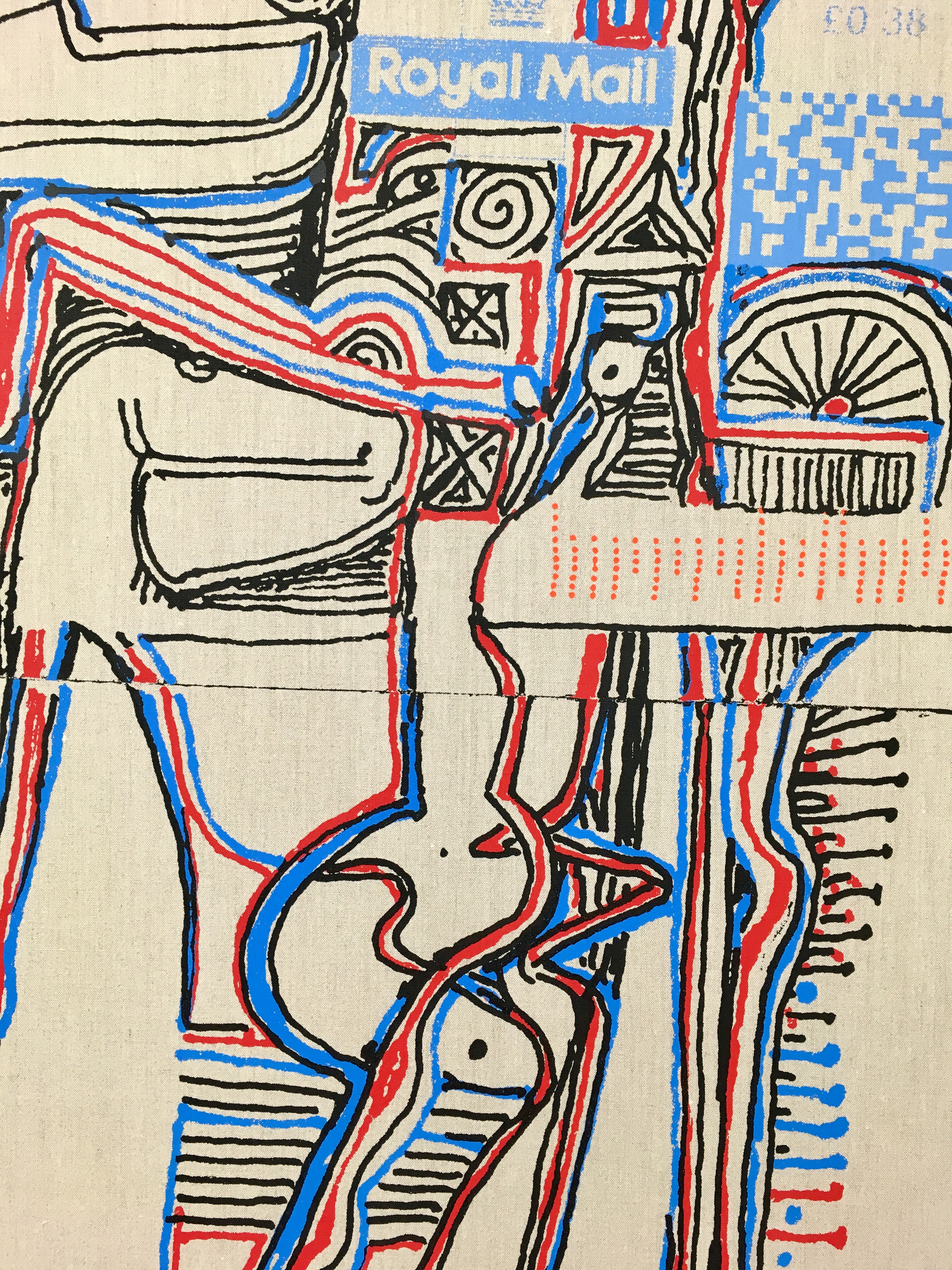Field Visits with Women’s Education Partnership
This month I have enjoyed the great privilege of spending three weeks with our staff in Khartoum and I have had the chance to make field visits to our projects. It is wonderful to see the quiet determination of Neimat, our country director, and her team to get things done, despite 50 degree heat, daily power cuts and internet failures. This post is in recognition of all their work over a particularly challenging three years. We are all so grateful to them for battling on against all the odds.

Above, some of our sponsored orphans from previous years.
Below, one of our sponsored elementary schools (Abrar School) in Mayo district, Khartoum, inspiringly run by its energetic and determined headmistress. Nearly all the pupils here have fled conflict in Darfur or the Nuba Mountains and suffer extreme economic hardship. Since taking over the management of the school, the head has repaired buildings, planted trees for the children and created a happy and positive learning environment. When I visited the school last week, the dedication and enthusiasm of the staff were evident. They have managed to raise money for so many of the things they need but as a result of our visit, we hope to be able to support them in funding the new latrines they need.

Below, Neimat, our country director and her team; Saudi, responsible for finances, Adila, our literacy coordinator and Hoyam, responsible for our university scholarship programme.
Field visits are essential for us to determine the schools we sponsor are well run and our sponsored orphans are flourishing. It is also important to meet and listen to our stakeholders and to establish areas of need that we can meet. Below, our Mayo school, with its bright playground, drinking water tower, ablutions station and clean, light classrooms.

Below, one of the elementary schools we support in Jebel Awlia (Hassan Ibn Thabit School, Aboja Camp, Salam Villages). This school, located in one of the most desolate, mercilessly hot and deprived outskirts of the capital, receives food aid from UNICEF. The school urgently needs more infrastructure and teaching resources and we are working with the teachers’ committee to provide these. The school has a dedicated teaching staff, who do their best in extreme conditions. The photos below show the layout of the school, its drinking water tower, which benefits the whole community, and the inside of the newly built women teachers’ staff room. The staff room still needs shutter windows, door and flooring and we are working to find ways to fund these.
Unfortunately, under government policy, we were not permitted to take any photos of anyone at the school. But I can assure you the children I saw were happy, lively and provided us with a very wise and sometimes cheeky list of things they wanted, including tree seedlings which would provide fruit and shade.

Below, the women’s staff room, almost completed.

Below, one of our schools in Hajj Jusif (Amiba Bint Wahab, Albaraka Camp). The Girls’ school is being rebuilt by UNICEF and should be finished before the start of next term. The girls have been provided with temporary classrooms in UNICEF tents, in the grounds of the adjacent boys’ school. Most of the pupils have fled the Nuba Mountains and Darfur and most have suffered paternal loss or abandonment. Exam results however are really strong and some have achieved exceptional results, thanks in great part to the dedication of their teachers. When the new girls’ school is finished, they will need blackboards and chairs. And we will strive to provide these.

Below, Learn more about our orphans’ elementary school programme in
Scenes from Our Orphans’ Schooling Programme







An excellent report of a field visit undertaken in very difficult circumstances. A shame that we weren’t allowed to take photographs of of staff or pupils by agreement.
LikeLike